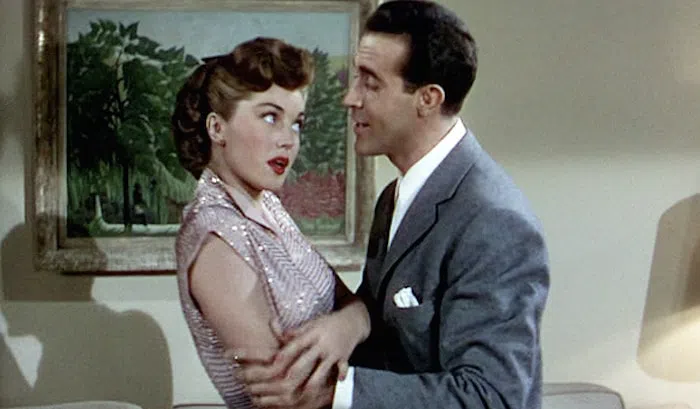
NEUSTAETER: Baby, It’s Cold Outside — but we need to chill out
THIS WEEK MANY RADIO STATIONS (including CBC, Rogers Media and Bell Media) announced their decisions to pull the classic holiday song Baby, It’s Cold Outside because of complaints about the lyrics being controversial and offensive.
Recommended Listening while you read: Let’s Give Them Something To Talk About by Bonnie Raitt
To put myself in context for those who don’t know me:
- I’m a self-proclaimed feminist, which, to me, means believing that genders should be unilaterally respected, treated as completely equal and appreciated as very different from each other.
- I think that rape culture is a real and pervasive thing and that it shouldn’t have taken us so long to start talking about and confronting it.
- I support the #metoo movement, have extraordinary compassion for those who have survived sexual assault or harassment and have stories of my own experiences (as most women do).
- I have been vocal and have publicly written about all of those things.


